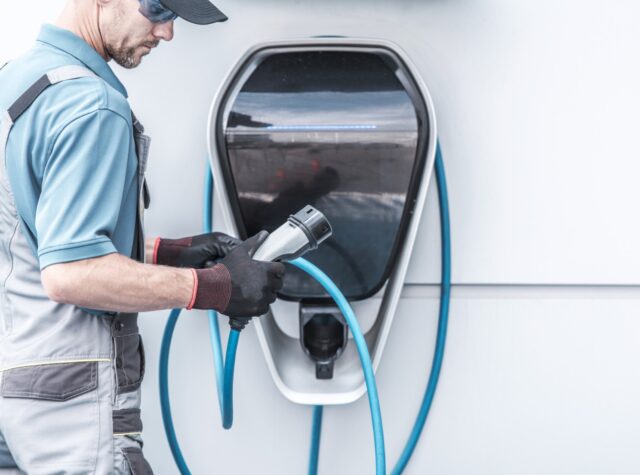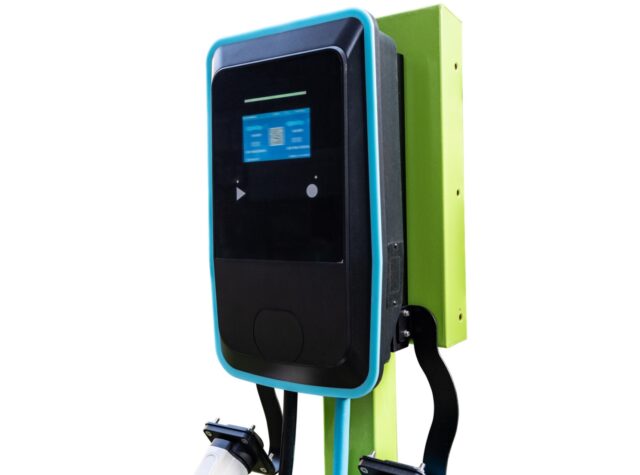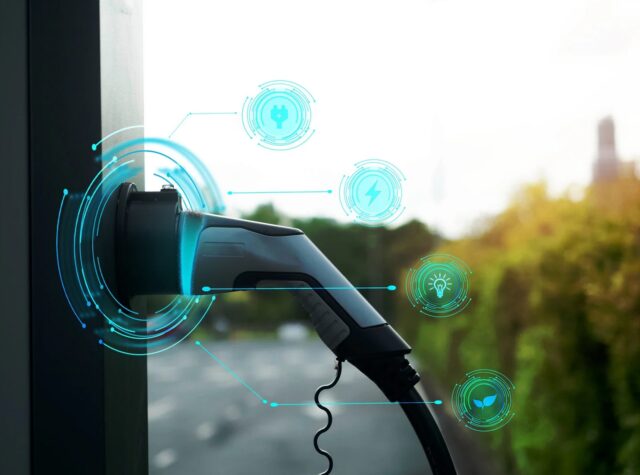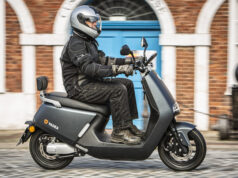
Have you ever wondered which type of electric car charger will be best for your home installation? Look no further! In this guide, you’ll find out all you need to know about different types of EV chargers and how to choose the right one for your circumstances.
Types of Electric Vehicle Chargers
It is important for EV owners to take the time to select the right charger for their home installation. There are three main types of EV chargers for Your home on the market today: plug-in, hardwired, and Level 2 charging systems.
Plug-in chargers are the simplest types and use a standard wall socket. They often come with an AC connector cord and two power cords that attach to a home’s wall socket and vehicle’s charge port. These chargers are most commonly used in households with short distances between their EV’s parking place and their house or garage – they can be plugged in at night, then removed during the day allowing other devices, such as refrigerator or hairdryer, to use that same outlet.
Hardwired chargers directly penetrate into/through interior walls allowing much faster charging than plug-in charger system. Installation usually requires several pieces of equipment like cable cutters, voltmeter, diamond drill bits, etc., as well as an understanding of local electrical codes so ensure you consult a professional electrician before starting your installation process!
Level 2 chargers offer quicker recharge speeds than plug-in EVSEs and hardwired versions. These models operate on a 240-volt line and include many conveniences such as timers, control panels connected to Wi-Fi networks, and smart device apps that allow checking in on the charge status remotely or scheduling certain charging hours. Therefore these types of models can have higher costs compared to plug-in or hardwired ones but offer a more efficient way of keeping up with long-distance road trips or multiple daily commutes per day -all depending on your specific EV parking needs!

Factors to Consider
You’ll want to determine your power needs by considering which charge rate best fits your lifestyle and the type of battery you have installed in your car. If you’re charging overnight or while at work, consider a standard 3kW charger that can take 8–10 hours to fully recharge depending on the amount of time plugged in as well as battery size.
If your goal is faster charging times, look for an L2 fast charger with capacities ranging from 7–22kW and charging times between 1–4 hours. Before installing or purchasing an EV charger for use in your home, check with local regulations about it.
Installation Requirements
When deciding on an EV Charger for your home installation, it is important to understand the different types of Chargers and what installation requirements are needed based on the power level you need. This includes factors such as available power supply, compatibility with your car type, and wiring considerations.

Low Power Level (Level 1)
The lowest power level of EV chargers ranges from 120V to 240V with peak amperage of up to 16 amps, meaning that one can plug into a wall outlet without worrying about wiring or permits. The charging rate for these chargers is slow, around 3-4 miles per hour for most higher-powered electric vehicles.
Medium Power Level (Level 2)
These chargers are the most common types used at home and in public, requiring a dedicated 240V circuit from your main electrical panel as well as an approved box or conduit setup for mounting/installation outside. Level two chargers provide 8-70 miles per hour of charging depending on the type of vehicle being charged and how fast you want it to charge.
High Power Level (Level 3)
Unlike Levels 1 and 2, these require high voltage DC current in order to work properly and have maximum peak amperage ratings over 500 amps all while capable of reaching a full charge in 30 minutes or less depending on your vehicle’s battery size. These are typically found in public spaces due to their expensive installation requirements as they require specialized wiring and equipment as well as dedicated utility lines with high wattage capacity which can cost thousands of dollars more than a standard home installation. As such, they are not recommended for residential use unless specifically requested by an engineer.

Maintenance
You may think that when you’ve selected the right type of EV charger for your vehicle and installed it correctly, your work is done. However, having a charge point that is kept in tip-top condition is an important part of being an EV driver. Regular maintenance checks are recommended for any charger, particularly those used for public charging networks.
To begin with, look out for signs of wear and tear on the cables. If you notice any exposed wires or damaged insulation, get them replaced as soon as possible. Next, make sure all the connections to the cables and plug are properly tightened and all the casing covers are securely attached.
The next thing to do is to check any signage or instructions surrounding your charger are current and correctly displayed and that anything else necessary around safety issues (such as a fire extinguisher) is readily accessible if required.
Finally, if there has been heavy rain recently or weather conditions that could have caused damage to the charger then it would be prudent to conduct a visual assessment in order to verify that everything looks okay before connecting an EV again and continuing with normal use.
Conclusion
In conclusion, choosing the right type of EV charger for your home installation can help keep your vehicle running smoothly and efficiently. Consider the factors discussed in this guide including outlet availability, current level, installation considerations, safety features, and budget.
Once you have chosen the right type of charger for your needs, contact a qualified electrician or contractor to ensure that it is properly installed in a safe and compliant manner. Additionally, research local incentives that are available to support EV charging installations.
With all these considerations in mind, you should be ready to choose your EV charging station with confidence!









